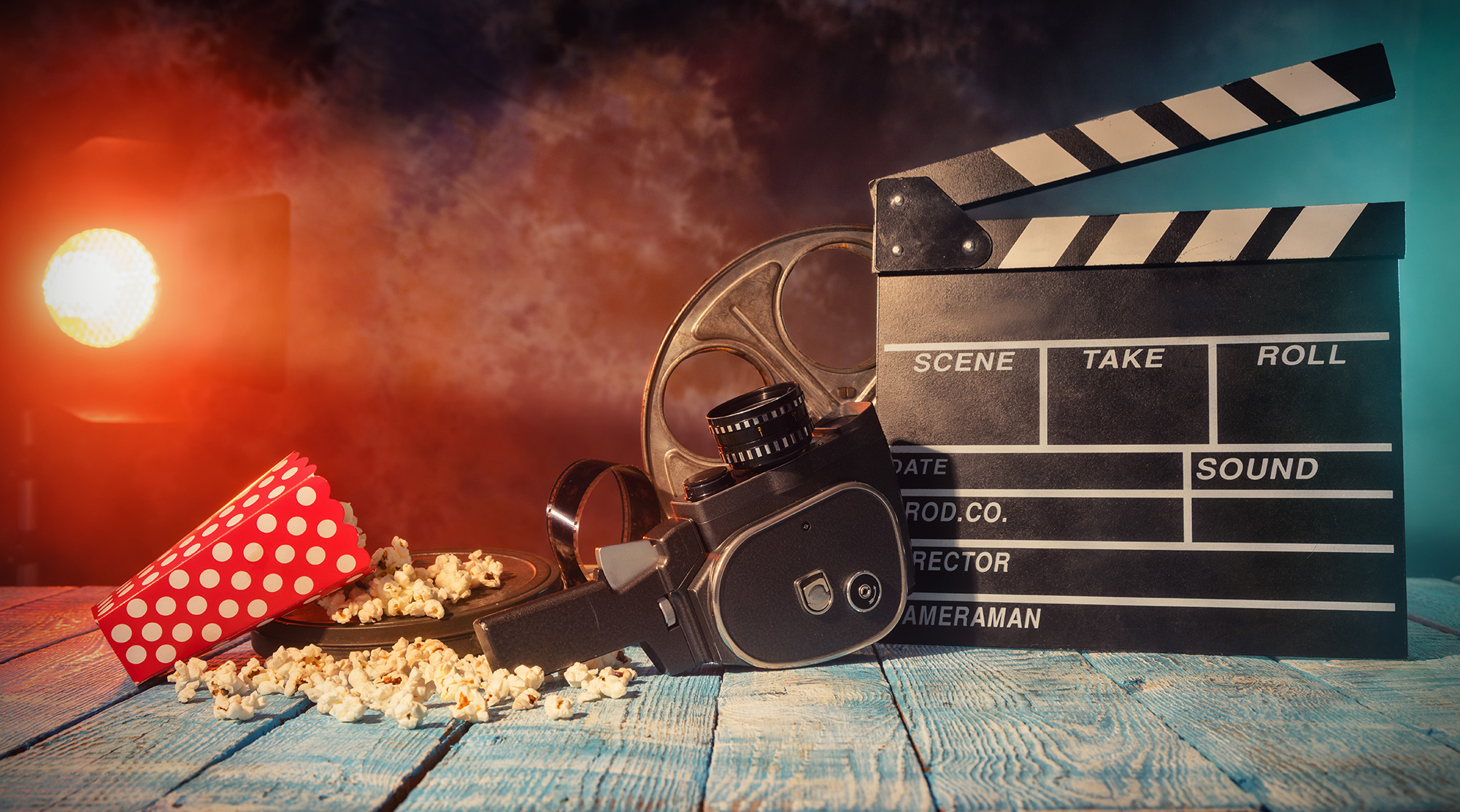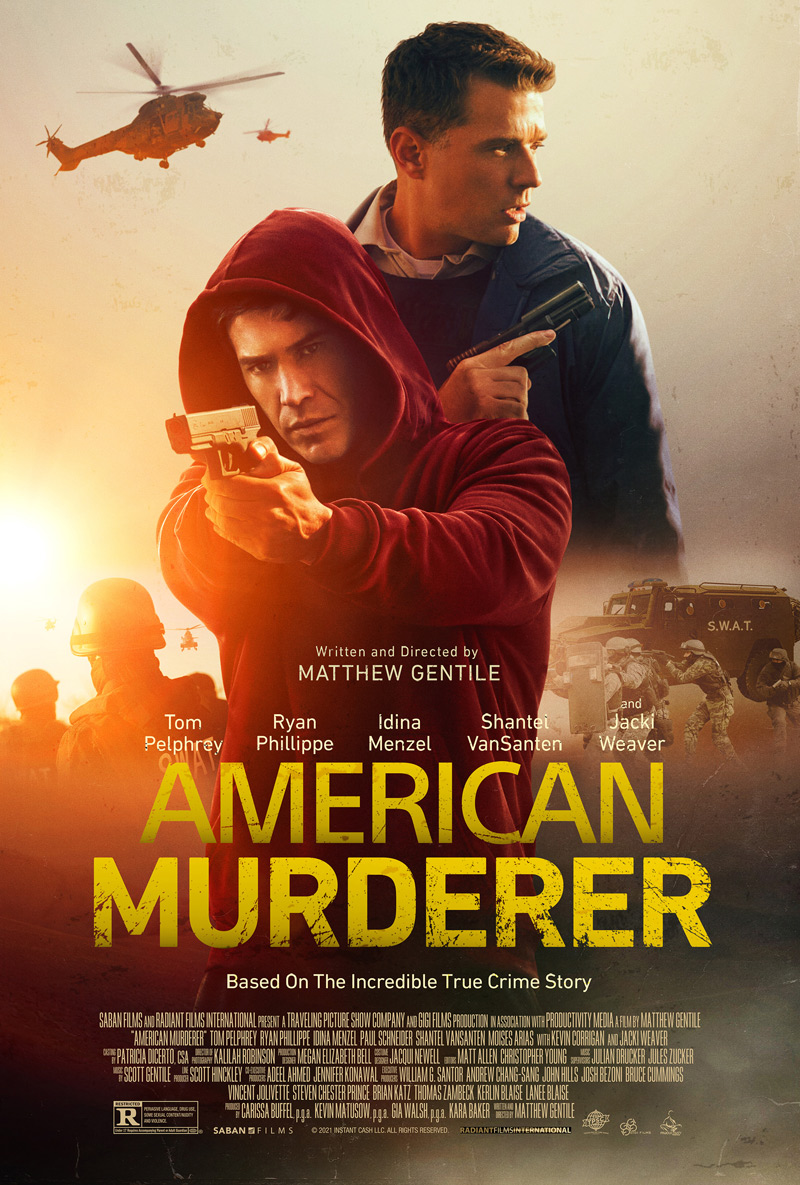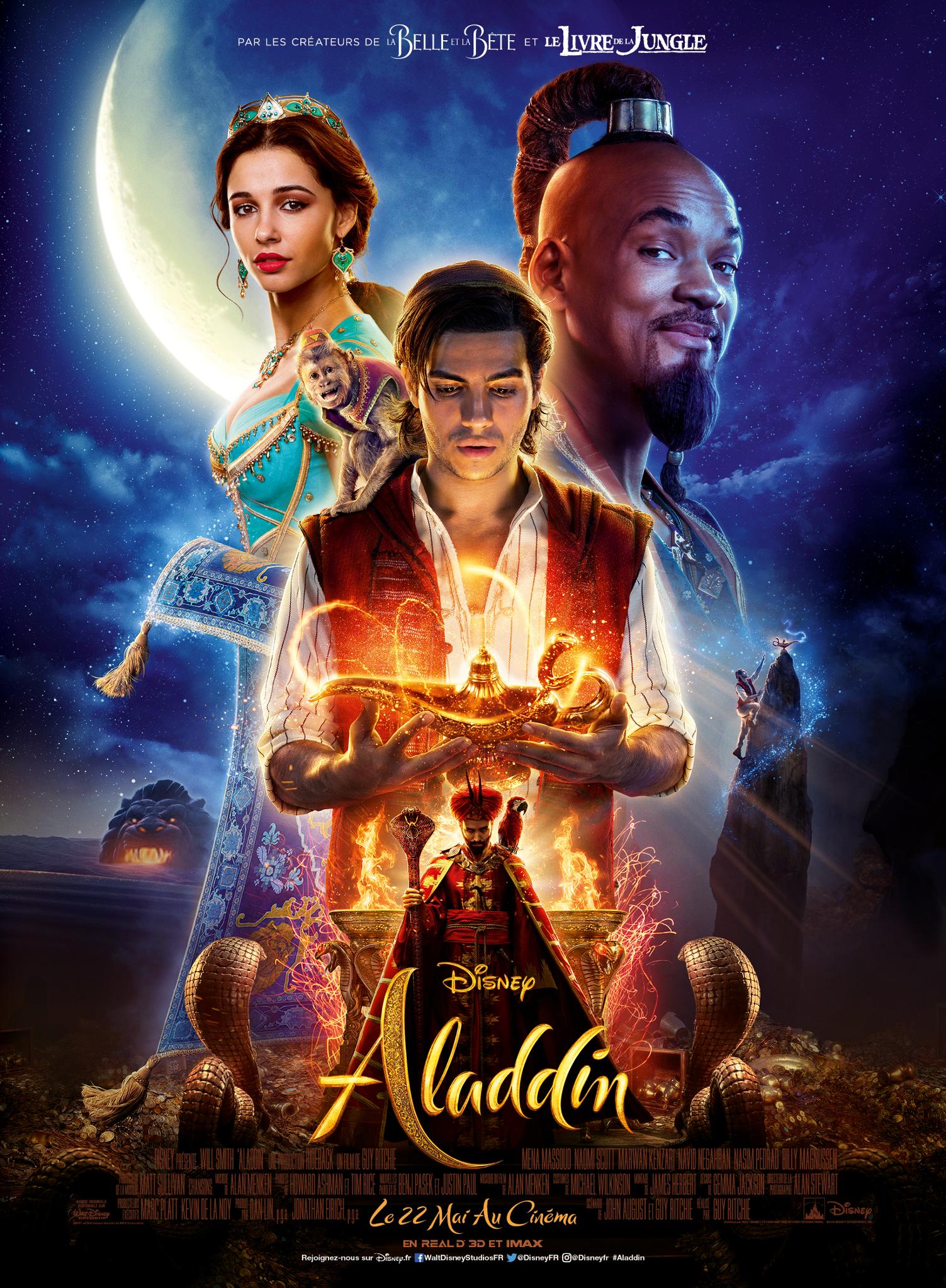Film Note Book - Your Personal Movie Memory Keeper
There's a real special feeling, you know, when you watch a story unfold on screen, whether it's something grand and sweeping or just a quiet tale that makes you think. These moving pictures, sometimes called films, sometimes called movies, they have a way of sticking with you, or maybe they just float away like a little cloud after the credits roll. But what if you wanted to hold onto those feelings, those thoughts, those bits of magic a little longer? That's where a personal film note book, in a way, becomes quite a wonderful thing to have by your side.
You see, a film note book is more than just a place to jot down titles. It's a space where you can capture what truly moved you, what made you laugh, or even what made you ponder deeply about life's big questions. It's a way to connect with the stories and the people who made them, keeping a little piece of that experience close, so you can revisit it whenever you like. It's almost like creating your own personal archive of visual art, a collection of moments that spoke to your heart or mind, you know, in a very real way.
For anyone who finds joy in watching stories told through moving images, a film note book can be a simple, yet powerful, tool. It helps you keep a record of what you've seen, what you liked, and what perhaps didn't quite hit the mark. It's a way to build your own unique taste in stories, a kind of map of your personal journey through the wide world of visual storytelling. It’s a very personal thing, actually, a quiet companion for your viewing adventures.
Table of Contents
- What is a Film Note Book, Anyway?
- Why Bother with a Film Note Book?
- How Does a Film Note Book Help You Remember?
- What Can You Put in Your Film Note Book?
- Finding Inspiration for Your Film Note Book
- Making Your Film Note Book Your Own
- The Joy of a Physical Film Note Book
- Keeping Your Film Note Book Alive
What is a Film Note Book, Anyway?
So, what exactly is a film note book? Well, it's pretty much what it sounds like: a place, usually a physical book with pages, where you write down your thoughts and feelings about the moving pictures you watch. It's a bit like a diary, but just for your viewing experiences. Some people might use a simple spiral notebook, while others might choose something with a nicer cover, something that feels good to hold. It really just depends on what makes you happy, you know? The idea is to have a dedicated spot for these kinds of notes, rather than just scribbling them on random pieces of paper that might get lost.
It's a very personal tool, a kind of memory keeper for the visual stories that have come into your life. When we talk about "film," we often mean a specific story shown on a screen, like "a good film." This is very much like what people mean by "movie." But, typically, "film" can feel a little more serious, a bit more artistic, while "movie" might seem a bit more common or for everyone. Anyway, no matter what you call them, these visual pieces of art are what your film note book is all about. It’s a way to keep track of these experiences, which can be quite numerous over time.
You see, a film note book helps you capture those fleeting moments of connection with a story. Maybe it's a particular scene that stayed with you, or a character's words that echoed in your mind. Perhaps it's the way the light fell in a certain shot, or the feeling the whole piece left you with. This note book becomes a collection of these personal reactions, a sort of scrapbook for your viewing journey. It's a simple idea, but it can be really powerful for someone who loves watching these visual stories, you know, just to have a record of it all.
Why Bother with a Film Note Book?
You might ask, "Why would I even need a film note book?" That's a fair question, especially with so many digital ways to keep track of things these days. But there's something truly special, a little bit different, about putting pen to paper. When you write something down, it tends to stick in your mind a bit better, you see. It's a slower process, a more thoughtful one, which can help you really think about what you just watched. It's not just about remembering the title; it's about remembering how it made you feel, what it made you consider, or even what ideas it sparked in your own thoughts.
For example, sometimes you watch something that wins a lot of awards, and everyone talks about it. But what if it didn't quite connect with you? Your film note book is a safe place to put down your honest thoughts, even if they go against what everyone else is saying. It's your own personal review space, free from outside pressures. It's a place to be truly honest with yourself about your tastes, which is, you know, pretty important for building your own sense of what you like and don't like in visual stories. It's a kind of personal freedom, in a way.
Also, think about all the times you've watched something great, then a few months later, someone asks you for a recommendation, and your mind just goes blank. Your film note book solves that problem. It's a ready-made list of all your favorites, complete with your own little summaries and reasons why you enjoyed them. It's a simple way to keep your memory sharp when it comes to visual stories. Plus, it's a lovely way to look back and see how your tastes might have changed over time, which can be quite interesting, actually, to see that kind of personal growth.
How Does a Film Note Book Help You Remember?
So, how does this simple film note book actually help you keep things in your mind? Well, when you write something down, you're doing more than just recording words. You're actively engaging with the material, which helps to cement it in your memory. It's not just about seeing a title on a screen or in a list; it's about the act of physically putting your thoughts onto paper. This physical action creates a stronger connection in your brain to the experience of watching the visual story. It's a very basic human thing, you know, to connect with what you create with your hands.
Imagine you've just watched a really thought-provoking piece, maybe something that made you think about history or society in a new way. If you just close your device and move on, those thoughts might fade quickly. But if you open your film note book and spend a few minutes jotting down those specific ideas, those particular feelings, they become much more solid. You might even draw a little picture, or write down a quote that really stood out. This process of active recall and reflection is what makes the film note book such a powerful tool for memory, in some respects. It's a kind of mental workout, really.
It's also about building connections between different visual stories. You might write about one piece and then later watch another that reminds you of it. Your film note book allows you to make those connections, to see patterns in what you enjoy, or to notice how certain themes appear across different works. This kind of linking helps your brain organize information, making it easier to retrieve later. It’s almost like building a little web of knowledge about visual storytelling, with each note adding another strand. It's a very organic way to learn, actually.
What Can You Put in Your Film Note Book?
When you open your film note book, what exactly should you put inside? The answer, honestly, is pretty much anything that feels right to you. There are no strict rules here, which is kind of the beauty of it. You could start with the basic details, of course: the title of the visual story, the year it came out, and maybe who directed it or who the main people in it were. These are the simple facts, the building blocks for your notes, you know.
Beyond that, you can get as personal as you like. Did a particular scene make you feel something strong? Write that down. Was there a line of talking that really resonated with you? Jot it down. Did the way the story was told, or the way the images looked, really impress you? Make a note of it. You could even write about the music, or the overall mood it created. Some people like to give a simple rating, like a few stars, to remember how much they enjoyed it. It's all about what helps you remember and connect with the experience, which is very much a personal choice.
You could also include thoughts about where you found out about the visual story. Was it a friend's suggestion? Did you see a poster somewhere? For example, websites like Douban Movie, IMP Awards, TMDb, and FilmGrab are great places to find posters and pictures, which might spark an idea for a note. You could even print out a tiny picture and stick it in your film note book, if you're feeling creative. The point is to make it a reflection of your own viewing journey, a unique collection of your thoughts and feelings about the world of moving pictures. It's your space, after all, to be as free as you like.
Finding Inspiration for Your Film Note Book
Sometimes, it can feel a little bit hard to know what to write, even when you've just watched something amazing. Where do you find the ideas for what to put in your film note book? Well, inspiration can come from many places. It could be a conversation with a friend about a visual story you both saw, or something you read in a review. For instance, publications like The Atlantic often have thoughtful pieces about visual stories, which might give you new ways to think about what you've watched, you know, giving you a fresh perspective.
Another great source of ideas is simply paying attention to what others are talking about. Websites like YouTube have sections for visual stories, and you can see what's popular or what's getting a lot of views. Sometimes, just seeing what's out there can make you curious and give you something to look up later. You could also look at lists of visual stories that have won awards, or those recommended by people who really know a lot about them. These lists are often found on sites that keep records of visual stories released over many years, from the very early days right up to now. It's a very simple way to get started, really, just by seeing what others enjoy.
You might also find inspiration in unexpected places. Maybe a song reminds you of a particular scene, or a news story makes you think about a visual story you saw long ago. The idea is to keep your eyes and ears open to how visual stories connect with the wider world. Your film note book can become a place where these connections live, a sort of personal web of ideas. It's a way to deepen your appreciation for how stories are told through moving images, and how they relate to everything else, which is, you know, pretty cool when you think about it.
Making Your Film Note Book Your Own
The best part about having a film note book is that it's entirely yours. There's no right or wrong way to fill it up. You can make it as simple or as detailed as you like. Some people might prefer just a few bullet points for each visual story, noting down the main things they liked or disliked. Others might write long paragraphs, almost like a personal essay about each piece. It really just depends on your own style and what feels comfortable for you, you see. It's a very personal creative space.
You could even add little creative touches. Maybe you're good at drawing, and you want to sketch a character or a scene that stood out. Or perhaps you like to use different colored pens to highlight different aspects, like one color for emotions and another for technical details. Some people even like to collect small bits and pieces related to the visual stories they watch, like a ticket stub or a tiny picture of a poster, and stick them into their film note book. It's almost like a little art project, in a way, if you want it to be.
The goal is to create something that you'll enjoy looking back on, something that truly reflects your unique journey through the world of moving pictures. Don't feel like you have to follow anyone else's rules. This is your space to explore and express your feelings about the stories that captivate you. It's about building a collection that brings you joy and helps you remember those special moments spent with visual art. It's a very satisfying thing, actually, to have something so truly personal.
The Joy of a Physical Film Note Book
In a world full of screens and digital files, there's a particular kind of joy that comes from holding a physical film note book in your hands. The feel of the paper, the way the pen glides across the page, the sight of your own handwriting – these are all very real, very touchable experiences that digital notes just can't quite replicate. It's a bit like the difference between seeing a picture on a screen and holding an actual printed photograph, you know, there's a warmth to it.
When you flip through the pages of your film note book, you're not just scrolling through a list; you're revisiting a tangible record of your experiences. You might stumble upon a note from months or even years ago, and suddenly, the memories of watching that particular visual story come flooding back. It's a much more immersive and personal way to reflect on your viewing history. This physical connection can make the memories feel more real, more grounded, which is, you know, quite a lovely thing.
Also, a physical film note book doesn't need batteries or an internet connection. You can take it anywhere, open it up whenever you feel like it, and add to it or just browse through it. It's a quiet, simple pleasure that connects you directly to your own thoughts and feelings about the visual stories you love. It's a little piece of calm in a busy world, a very personal space that is always there for you, which can be quite comforting, actually.
Keeping Your Film Note Book Alive
A film note book isn't something you just fill up once and then forget about. It's a living thing, something that grows and changes with you as you watch more visual stories and as your own tastes develop. The key to keeping it useful and enjoyable is to make it a regular part of your viewing habit. After you watch something, take a few minutes, you know, just to jot down some thoughts. It doesn't have to be a big effort every time, just a little bit of time to capture the essence of what you experienced.
Don't worry about making every entry perfect. Some days you might have a lot to say, and other days just a few words will do. The important thing is to keep the habit going. Over time, you'll build up a really wonderful collection of your thoughts and feelings about the world of moving pictures. You might even find yourself looking forward to adding new entries, which is, you know, a sign that it's truly become a part of your routine.
Your film note book can also be a way to track your own growth as a viewer. You might notice that you start to appreciate different types of visual stories, or that your opinions on certain genres change. It's a quiet way to see your own personal journey unfold. It’s almost like a gentle companion on your path through the vast and ever-present world of visual storytelling, always there to hold your thoughts and help you remember. It's a very simple practice, but it offers a lot of quiet rewards, really.
This article has explored the idea of a personal film note book, discussing what it is and why it can be a valuable tool for anyone who enjoys watching visual stories. We looked at how writing down thoughts about films can help improve memory and understanding. We also considered what kinds of things one might choose to include in such a note book, from basic facts to personal feelings and observations. The piece touched on where to find inspiration for entries and how to make the note book a truly individual reflection of one's viewing journey. Finally, we talked about the simple pleasures of using a physical note book and how to keep it a continuous, enjoyable part of one's life.

Movie lovers can watch films for credit in LITE 216: Film

Good Thriller Movies 2025 - Jenny Carlina

Aladdin - film 2019 - AlloCiné